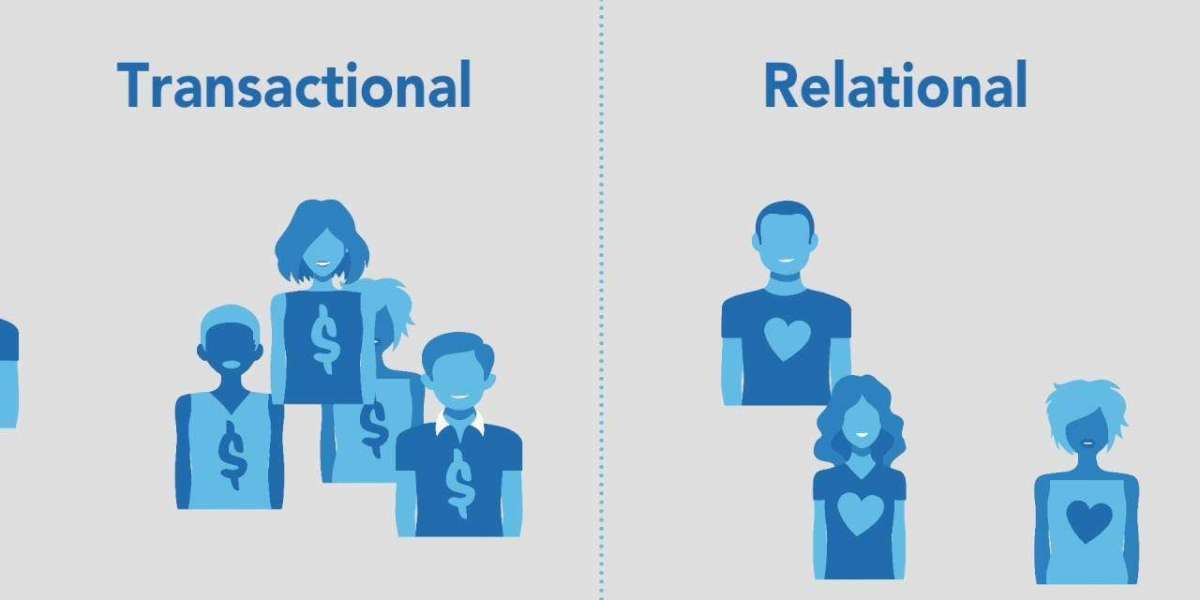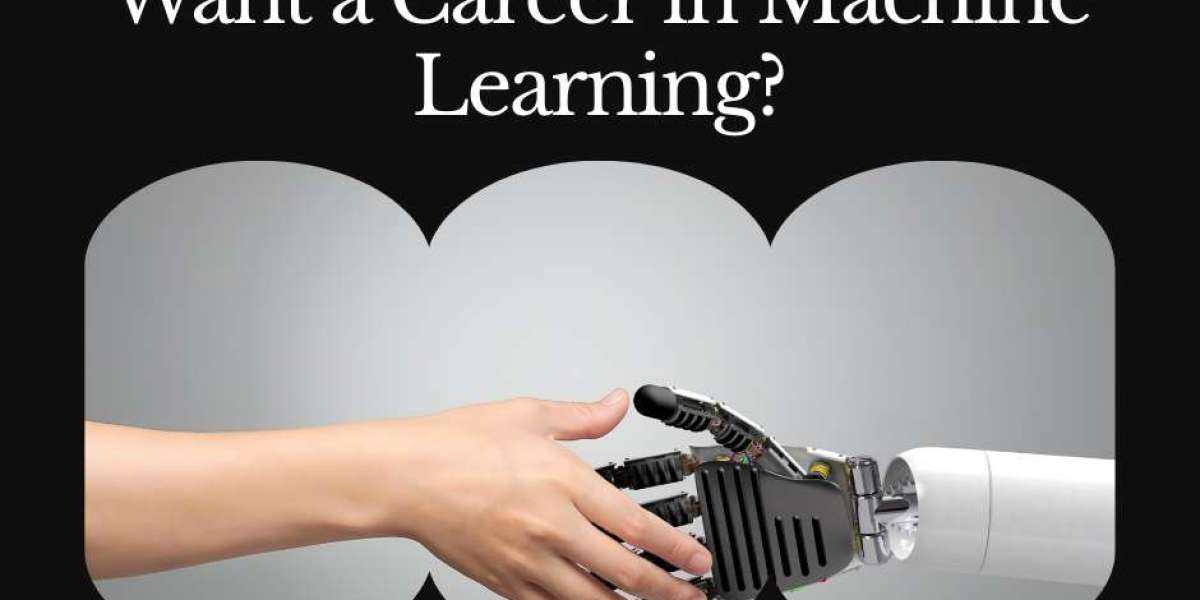What really determines how people feel about your brand? Business owners often think it’s the product or service they offer. In reality, long before using these offerings, customers come across the kind of experience you provide. Organizations that understand this reality usually adopt two approaches. Some focus on building lasting relationships with customers first. Others value efficient transactions more than that. Both have their places in modern businesses. Understanding these differences helps you serve customers better. It also guides your strategy for growth.
From marketing to customer service, your choice impacts everything. It’s a one-time interaction? Transactional customer experience will ensure efficiency. It’s what you go for to increase speed, as well. Want to boost customer lifetime value? Relational customer experience will wear the crown. That’s why you’ll see experts recommending transactional CX when it comes to “commodity products and price-sensitive markets”. Relational strategies, however, work the best when it’s about “differentiation and retention”. You can say that both have different effects in boosting your bottom line.
This blog post will explain the key differences between transactional and relational customer experience that you must know.
Top Differences b/w Transactional and Relational Customer Experience
Transactional customer experience prioritizes immediate results and operational efficiency. Relational customer experience invests in long-term customer relationships and trust. Transactional models work for businesses with high volume and low margins. Relational approaches suit companies where repeat business drives revenue. Transactional CX minimizes interaction time to serve more customers. When you talk about relational CX, it calls the shots in terms of maximizing engagement quality. You know, to deepen connections.
Below are the top differences between transactional and relational customer experience:
1. What is Transactional Customer Experience?
It’s what focuses on individual purchase events. Each interaction stands alone. There are no expectations of future engagement. The only goal is to complete the sale quickly and efficiently. Think of buying gas or ordering fast food. You want speed, convenience, and accuracy above all else.
This approach treats customers as one-time buyers by default. Businesses optimize for volume. They don’t give priority to relationship depth. The product or service takes “all the focus”. Although customer service handles problems, it doesn't build connections. Marketing emphasizes “features, prices, and immediate benefits”.
2. Key Characteristics that Define Transactional CX
Transactional customer experience operates on specific principles that drive business efficiency. They reflect a fundamentally different approach to customer engagement. Here are its key characteristics:
· Short interaction duration
· Price-focused decision making
· Minimal emotional investment
· One-time purchase expectation
· Standardized service delivery
Then, there’s a greater focus on “efficiency” than “personalization”. A business trying to implement this approach gives priority to transaction completion.
3. Benefits of Transactional Customer Experience
Transactional CX offers clear advantages for specific business contexts. Here are the benefits it provides:
· Lower operational costs
· Faster sales cycles
· Scalable business model
· Simple customer journey
· Reduced resource requirements
When a brand emphasises transactional customer experience, it essentially runs behind “high volume potential”. It doesn’t really require all those expensive training sessions for its employees. There are “clear success metrics” that will tell you whether your strategy is successful.
4. What is Relational Customer Experience?
Relational customer experience builds ongoing connections with customers. Every interaction aims to strengthen the relationship over time. The focus extends far beyond a single purchase. Businesses invest in understanding individual customer needs and preferences. They create personalised experiences that make customers feel valued.
This approach views each customer as a long-term partner. Businesses prioritise retention as much as acquisition. Trust and emotional connection become competitive advantages. Customer service becomes relationship management instead of problem-solving. Marketing shifts from promotion to conversation and community building.
5. Key Characteristics of Relational CX
Relational CX requires a different mindset and set of capabilities. These characteristics define businesses that prioritise customer relationships. They reflect investment in long-term customer success. Here are its key characteristics:
· Ongoing customer engagement
· Personalised communication strategies
· Emotional brand connection
· Repeat business focus
· Proactive customer support
You can say relational customer experience is a type of investment that assists in building long-term customer relationships. So, it’s another one of this type’s characteristics. Then, there are “feedback integration” and “community development offers”.
6. Benefits of Relational Customer Experience
Relational CX creates “sustainable competitive advantages” for businesses. It transforms customers into brand ambassadors. They become your growth drivers. The returns compound over time. Customers feel invested in your success and growth. They become partners who provide valuable feedback and insights. This approach offers other benefits like:
· Higher customer lifetime value
· Stronger brand loyalty
· Increased referral rates
· Better customer insights
· Reduced churn rates
Another advantage that focusing on this kind of customer experience offers is “premium pricing power”. It becomes easier to reap all these advantages of both types by working with an expert customer experience consultant. You can contact professionals at Enginecxdesign for this purpose.
Which Approach Fits Your Business Best?
It’s your “business model” that should impact your choice. What products you offer and what your customers expect from your brand are also determining factors. You’ll definitely need a robust strategy for either of these two types of customer experience. Get in touch with a reliable CX consultant now to achieve the milestone.








